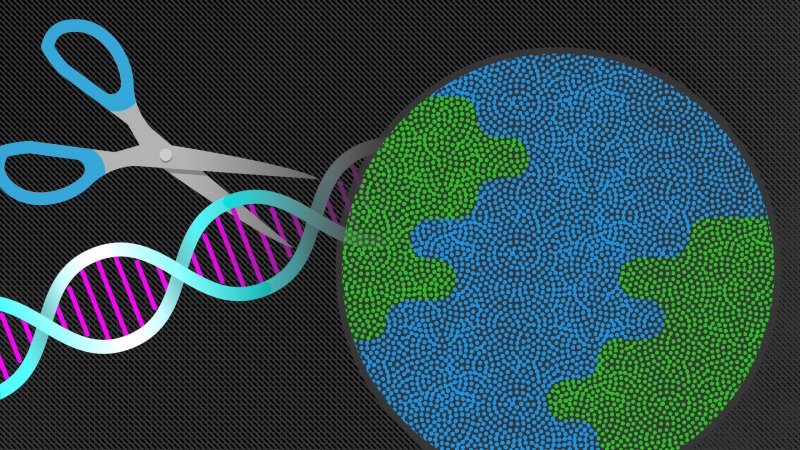What might CRISPR do to the diversity of our species? If we are no longer subject to a natural lottery of endowments, will it weaken our feelings of empathy and acceptance? If the marvelous enhancements offered at the genetic supermarket aren’t free (and they won’t be), will that greatly increase inequality—and even encode it permanently in the human race?
…
If we are wise in how we use it, biotechnology can make us more able to fend off lethal viruses and overcome serious genetic defects.
After millions of centuries during which evolution happened “naturally,” humans now can hack the code of life and engineer our own genetic futures. Or, for those who decry gene editing as “playing God,” let’s put it this way: Nature and nature’s God, in their wisdom, have evolved a species that can modify its own genome.
Like any evolutionary trait, this new ability may help our species to thrive—and perhaps even produce successor species. Or it may not. It could be one of those evolutionary traits that leads a species down a path that endangers its survival. Evolution is fickle that way.































